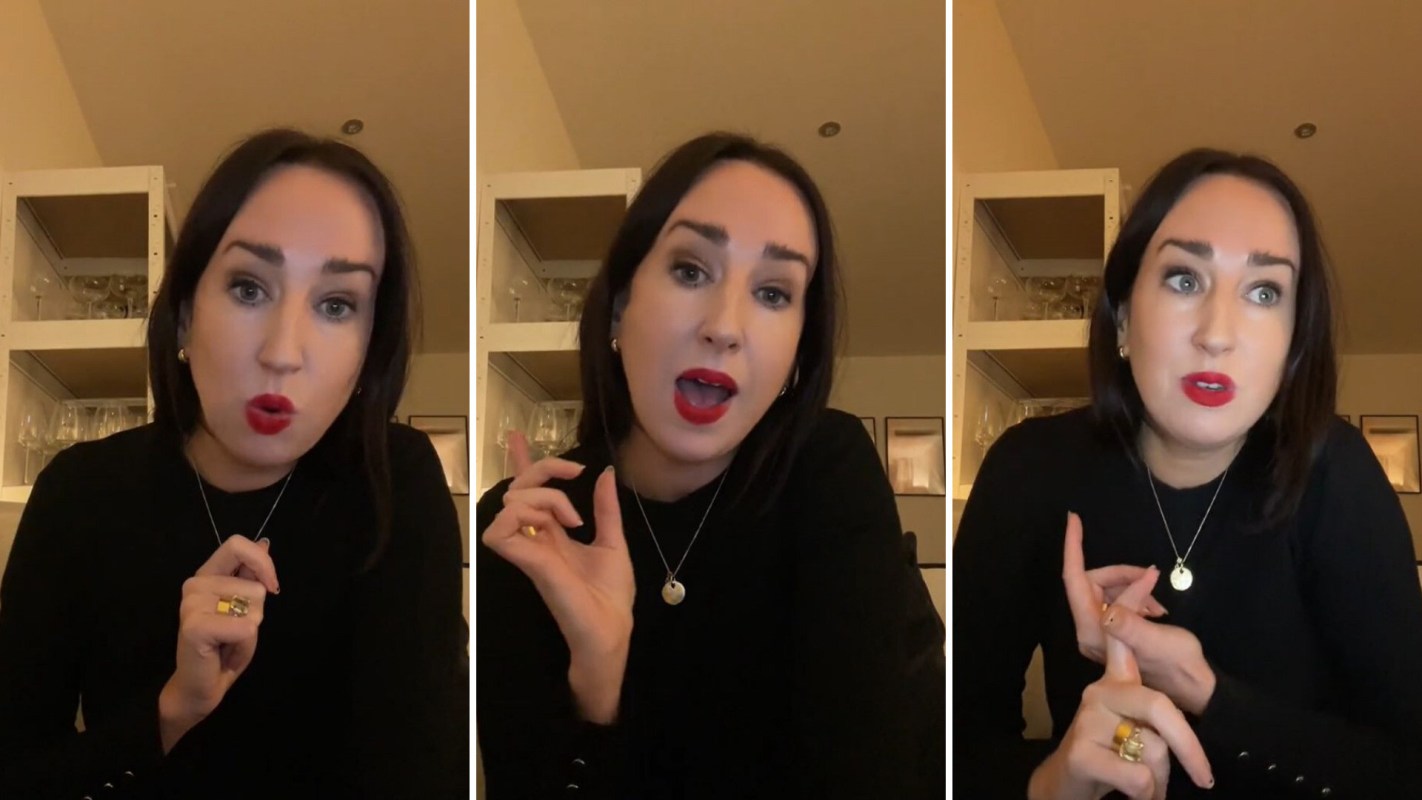Washing your clothes using fabric softener may seem like a great way to keep them feeling soft and smelling fresh, but a popular author and TikToker has spelled out the reasons to avoid this product.
Laura de Barra (@LauradeBarra) took to the video platform to explain why fabric softener might not be quite as beneficial as it seems.
The scoop
De Barra, a property developer, illustrator, and best-selling author, pointed out that fabric softener is not advised for use on a number of materials in the common wardrobe.
"When you read your fabric softener bottle, it will tell you, most times, that that product is only suitable for woolens and delicates," she begins. "I can guarantee you, not even 80% of the knitwear in your wardrobe is wool."
@lauradebarra #laundry #fabricsoftener #fabricsoftner #fabricsoftenerhack #laundryhacks #laundryhack #sheiy #gaffgoddess #ecoclean #laundrysecrets #sustainablelaundry ♬ original sound - LauradeBarra
She also notes that washing delicates with something that's so high in chemicals might not be the best idea to be wearing close to the skin.
Next, she points out that while fabric softener itself is not flammable, it can increase how flammable certain fabrics are.
"It will tell you to not use the product, or it's recommended not to be used, on toweling," she continues. De Barra observes that a lot of advertisements for fabric softener boast how fluffy and soft it makes towels, but it could actually make them more flammable.
She also notes that children's sleepwear and upholstery often have a fire-resistant coating, but fabric softener can make that coating less effective.
Summing up, De Barra says fabric softener is "bad for the environment, it traps dirt, it can shorten the lifetime of clothes, and it's just not being used for what it's supposed to be used for."
How is De Barra helping?
In addition to pointing out the negative aspects of fabric softener, she has also provided some useful tips for non-toxic, chemical-free alternatives that work just as well and won't harm you or the environment.
Replying to one comment asking for advice on what to use instead of fabric softener in a follow-up video, De Barra suggested white vinegar, which "softens, deodorizes and fluffs" clothes and other laundry items in the wash.
When asked about using soda crystals, she said, "LOVE them. And they are kind."
According to lifestyle website GoingZeroWaste, many fabric softeners are petroleum-based, meaning they contribute to global heating in production and can pollute water supplies when washed down the drain.
What everyone's saying
"Yess my towels were never fluffy nor absorbant until i stopped using it and used vinegar instead," one commenter said after ditching fabric softener.
"It's made with animal fat," another observed. "Also found my clothes dry quicker without it."
"Never knew this!" one TikToker added. "I'll stop using this now. the bonus is that I'll save some money too."
Join our free newsletter for easy tips to save more, waste less, and help yourself while helping the planet.









